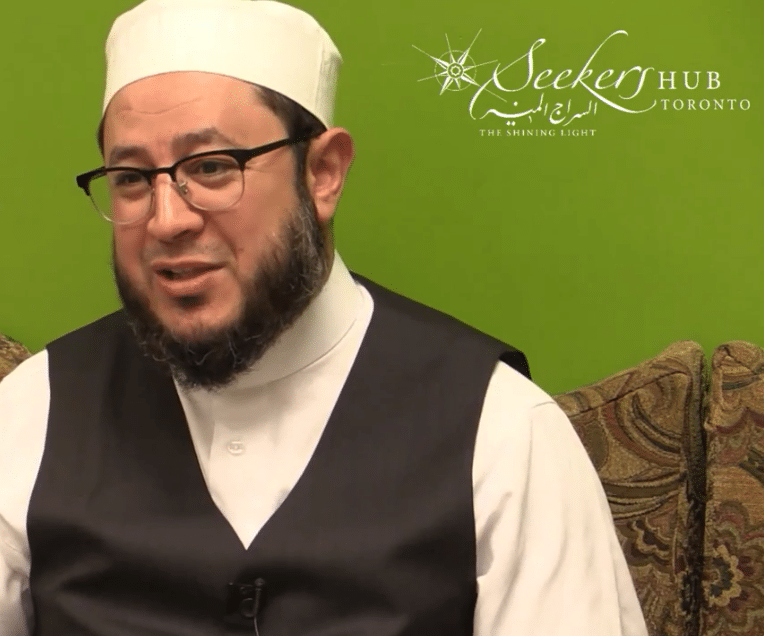The Status of Hadith in Mainstream Islam and the Modern Method of Zakat Collection and Distribution
Answered by Ustadha Zaynab Ansari
Question: I have two questions. I am in the process of learning about Islam. I have read several book about it and spoke to a couple of Muslims. I would like to know what you have to say. 1. It seems to me that there is a prevailing train of thought among some Muslims that all you need to know about Islam is in the Qur’an and the Qur’an alone. They seem to dismiss the hadith and the examples of Mohammad. What can you tell me about this idea? 2. How is Zakat collected and how exactly is it distributed? Thank you for your time and consideration.
Answer: Dear Brother,
Assalamu alaikum.
I pray this message finds you well.
Thank you for your questions. I apologize for the delay in responding.
1. The idea that everything Muslims need to know comes from the Qur’an to the exclusion of the Hadith is not from mainstream traditional Islam. While I can’t go into a lot of detail in this brief message, suffice it to say that the history of this idea can be traced back to Orientalist critiques and attacks on Islam’s textual sources. One strategy of Orientalists has been to try to portray the hadith as inauthentic, thereby casting doubt onto the legitimacy of the Prophet Muhammad, Allah bless him and give him peace.
Fortunately, the majority of Muslims realize that the major hadith collections that we rely on today have come to us after a centuries-old process of authentication by specialists–men and women who were deeply devoted to God, assiduous in their scholarship, and motivated by an intense conviction to safeguard the tradition of the Prophet from distortion. Sadly, there is a minority of Muslims who would cast aside this vast and rich tradition, often because they lack the tools to interpret Prophetic hadiths in light of today’s realities.
My response to this question has been to consistently say: We may not understand an individual hadith, but we have to take the tradition as a whole. How would we realistically be able to put the Qur’an into practice without the amazing detail provided by the hadiths of the Prophet, Allah bless him and give him peace? We wouldn’t. To reject the hadith is to reject the person who uttered them. And if one rejects that person, why should one accept that this person received divine revelation as weighty as the Qur’an?
2. These days zakat is usually collected by private charitable organizations and distributed to poor men, women, and children the world over. However, local communities, families, or individuals will often take responsibility for collecting their own zakat and identifying local Muslims in need.
I hope this was helpful.
Regards,
